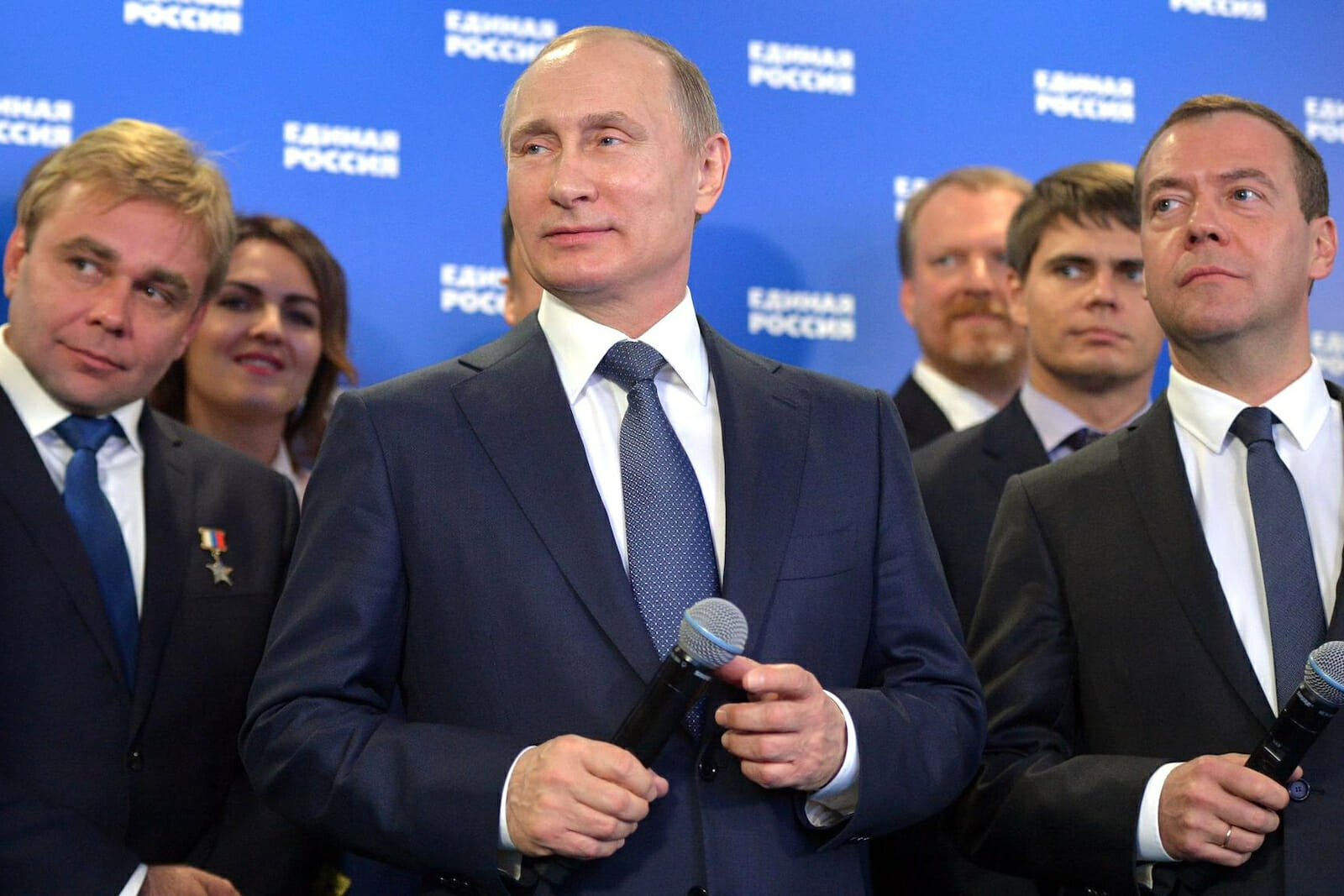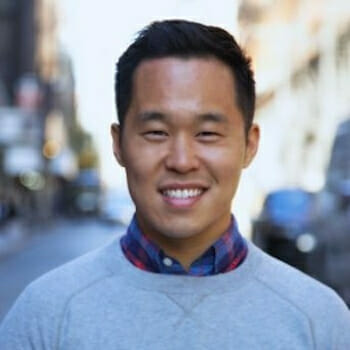
A Party Without Putin
In addition to swapping government posts, the political tandem of Putin and Medvedev, which has dominated Russian politics for the past half decade, maybe configuring yet another switch. According to the Russian newspaper, Vedomosti, President-elect Vladimir Putin and soon-to-be Prime Minister Dmitry Medvedev are set to separately meet with leading members of the ruling United Russia Party in late May.
According to the article, arrangements are being made to have Medvedev replace Putin as the leader of the dominant United Russia Party, leaving Putin unaligned and unaffiliated. After a polarizing election, which brought unprecedented street protests of supporters and opponents of the Putin candidacy onto the streets of Moscow, this pivot by the future President to disengage from his partisan post indicates a grim reality for the decade-long established United Russia Party.
Despite various efforts to reform, Russia today is still plagued by rampant political and economic corruption, which in recent years have become the battle cry for the country’s small but growing middle class. And after over a decade of unchallenged dominance, the political establishment has begun to see its public support erode.
The true state of the party became clear after the December Duma elections, when United Russia garnered the scorn of public dissatisfaction, suffering a 10% seat loss and losing its supermajority. Furthermore, Putin’s announcement of his return to the Presidency ushered in a sense of Putin-fatigue, dashing hopes for a more liberalized political life in Russia. And while Putin remains relatively popular within the general public, the United Russia Party has begun to bear the brunt of the public’s growing disillusionment of established politics.
Nowhere has this become more visible than on the regional electoral level, where the United Russia Party experienced a number of very public defeats. In the major industrial city of Yaroslavl, independent mayoral candidate and former member of the United Russia Party, Yevgeny Urlashov, won a landslide 70% of the voters. Urlashov’s candidacy, which unified the city’s various opposition groups and actively engaged with the media and the public, stood in stark contrast to the more closed United Russia candidate Yakub Yakushev, whose campaign relied primarily on administrative resources.
In the southern city of Astrakhan, local political opposition leaders have been staging hunger strikes against what they claim as fraudulent mayoral elections, which returned the United Russia candidate, Mikhail Stolyarov, back to power. National leaders of opposition parties have flown into Astrakhan to show support for Oleg Shein, the defeated “A Just Russia” party candidate. Public protest on both the local and national levels have grown to a such a fervor that the head of Russia’s Kremlin-leaning Central Election Commission, Vladimir Churov, finally admitted this past week that according to video surveillance footage, there were “some real procedural violations in handling documents after the polling stations’ closure.”
And so, while some consider the post of party leader as Putin’s consolation prize to Medvedev for his willingness to forgo a second Presidential term, the post may appear to be more like a rotting egg. The longer Medvedev is associated with the growing unpopular United Russia Party brand, the more it will weigh down on his minted image as the more progressive and liberal half of the Putin-Medvedev tandem. Still, others have raised hopes that the new leadership post may serve as an opportunity for Medvedev, whose own political persona and ambitions have remained more of a footnote in the power tandem.
His ascendency to leadership within United Russia would come at a time where a new array of laws have allowed greater participation of different political groups. Increased political competition may finally push United Russia into better defining its own political ideology, something it has been struggling to do for years.
Though the party self identifies itself as conservative, the party’s politics have revolved primarily around the initiatives of the Kremlin and Putin, then on a particular political ideology. Therefore, taking over the party reigns may finally help Medvedev to define and realize his very own political agenda. Yet all this sounds vaguely familiar. The hopeful wishes for a reform-minded Medvedev could stand as a challenge against his more authoritarian counterpart, the ex-KGB Putin.
The entire Medvedev presidency, up until the announcement of the President-Prime Minister position swap, was a long drawn out anticipation game as to whether Medvedev would or could become the progressive reform-minded alternative to Putin. And so, while Putin may officially disengage himself from United Russia, as long as he remains the major power broker within the party, which he will most likely be, Medvedev and his reform-leaning agenda will continue to play second fiddle.
